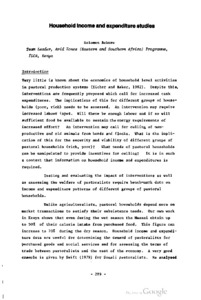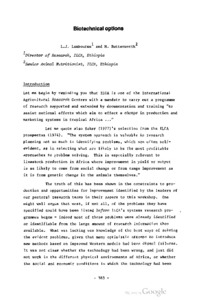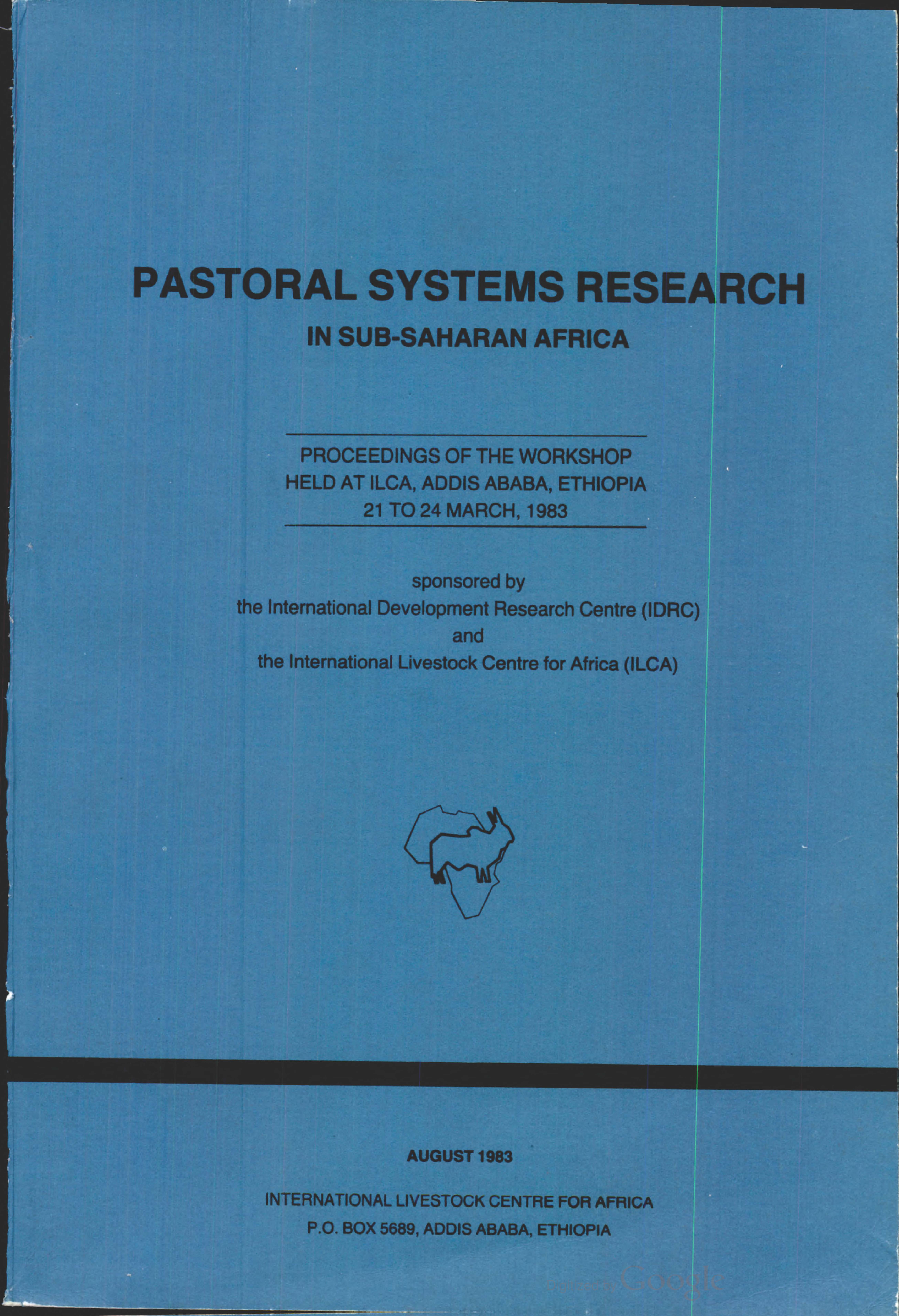Location
Vision, mission and strategy
ILRI's strategy 2013-2022 was approved in December 2012. It emerged from a wide processof consultation and engagement.
ILRI envisions... a world where all people have access to enough food and livelihood options to fulfil their potential.
ILRI’s mission is... to improve food and nutritional security and to reduce poverty in developing countries through research for efficient, safe and sustainable use of livestock—ensuring better lives through livestock.
ILRI’s three strategic objectives are:
- with partners, to develop, test, adapt and promote science-based practices that—being sustainable and scalable—achieve better lives through livestock.
- with partners,to provide compelling scientific evidence in ways that persuade decision-makers—from farms to boardrooms and parliaments—that smarter policies and bigger livestock investments can deliver significant socio-economic, health and environmental dividends to both poor nations and households.
- with partners,to increase capacity among ILRI’s key stakeholders to make better use of livestock science and investments for better lives through livestock.
This is ILRI’s second ten-year strategy. It incorporates a number of changes, many based on learning from the previous strategy (2000–2010, initially produced in 2000 and modified in 2002), an interim strategy (2011–2012) and an assessment of the external and internal environments in which the institute operates.
Members:
Resources
Displaying 1121 - 1125 of 1152Household income and expenditure studies
Discusses ways of studying economics of household level activities in pastoral production systems, with particular reference to the collection and analysis of data on household income and expenditure as well as resources inventory.
Household studies in pastoral systems research
Reviews differences between crop production and pastoral production, considering their effects on research possibilities; and describes basic methods that may be used to collect household level data, esp. informal & formal surveys, enumeration and the use of questionnaires.
Design and testing procedures in livestock systems research: An agro-pastoral example
Indicates factors that must be considered when designing pastoral systems research, esp. the need to maintain complementantrity among various types of research; the need for policy orientation when carrying out research; and setting up of priorities & opportunities. Includes case examples from work carried out by the ILCA subhumid programme.
Biotechnical options
Discusses biological options available for improvement in the productivity of pastoral systems, particularly referring to problems arising from aridity and under-nutrition, and problems of particular systems such as mortality of young stock, bush encroachment, epidemic diseases and management systems.
A proposal for pastoral development in the Republic of Niger
Presents findings and proposals of a team which studied the pastoral zone of Niger to forumlate a development programme, describing the existing production systems and constraints related to range resources, nutrition, water points and diseases.






